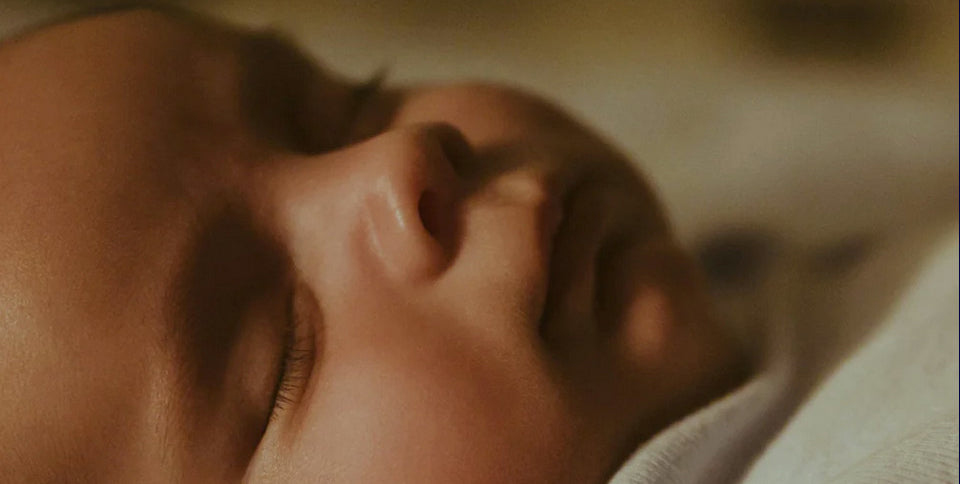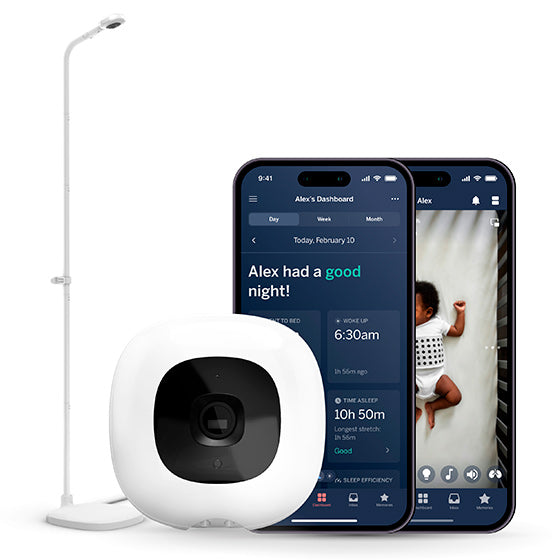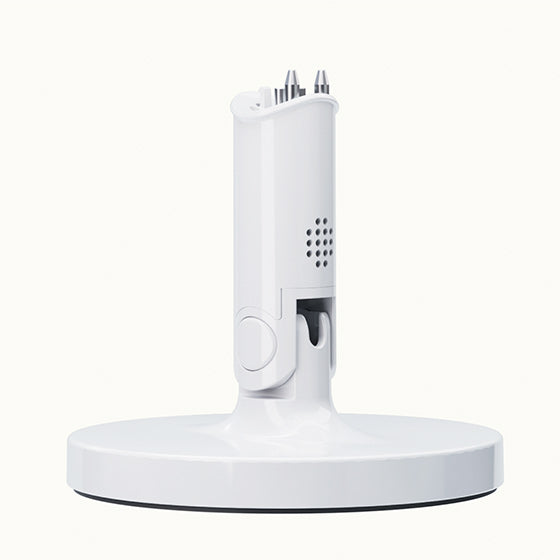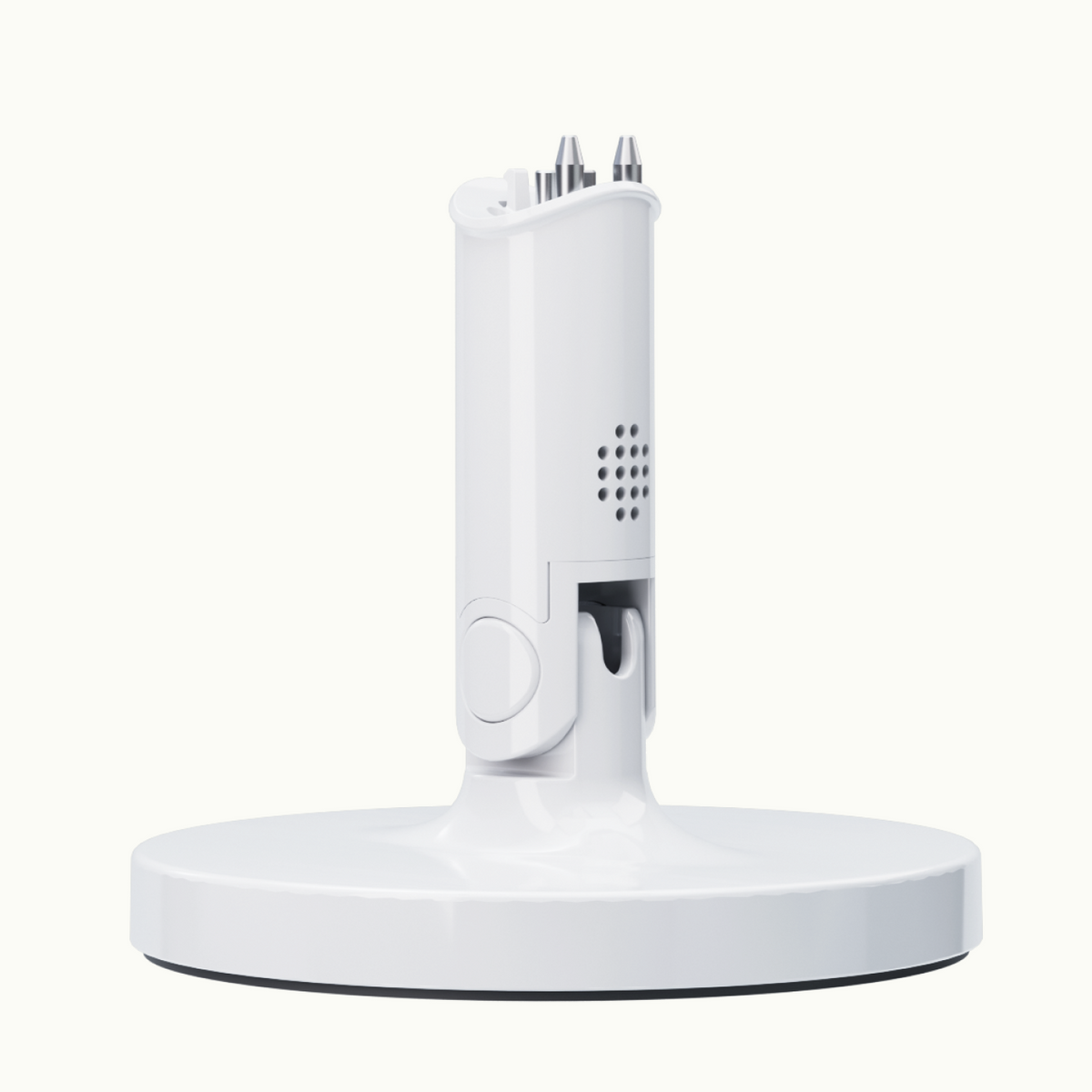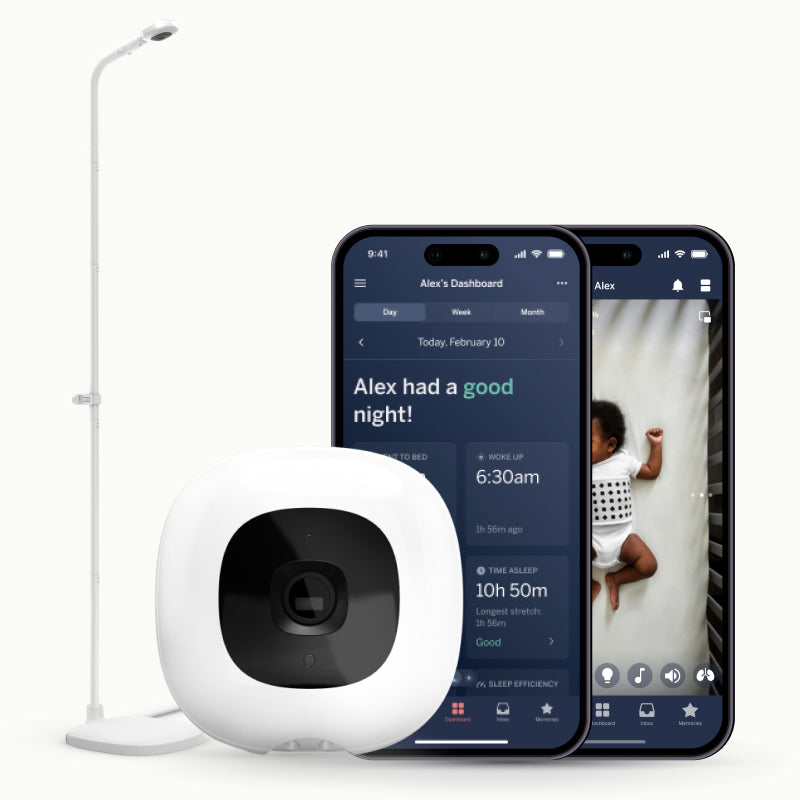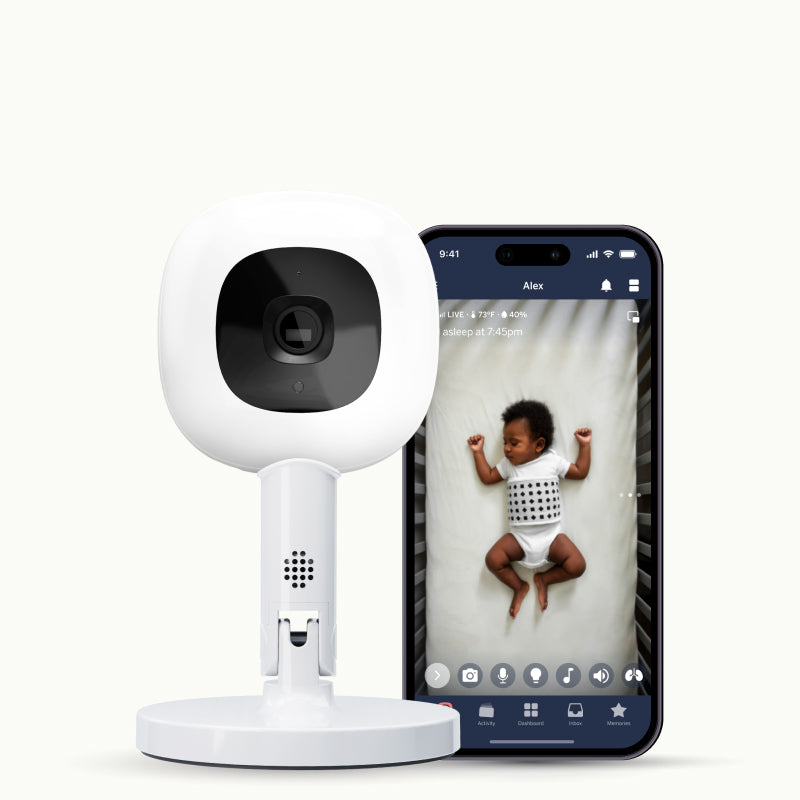Maristella Lucchini, Daianna J. Rodriguez, Shambhavi Thakur, Wiliam P Fifer, Natalie Barnett
Presented at World Sleep Congress, Rome, 2022
Abstract
Introduction
The burden of poor sleep health is not experienced equally across the U.S. population. The emergence of sleep disparities has been observed as early as during infancy, such that parents of racial/ethnic minority children compared to parents of White children are reporting worse sleep for their children. Several factors have been hypothesized to contribute to these disparities, including maternal mental health, sleep environment, bedtime routines, and family SES. While a few studies have investigated racial/ethnic disparities accounting for these factors, very often an uneven distribution of these factors across racial/ethnic groups has limited in depth investigation. This warrants further investigation since poor sleep health negatively affects physical, cognitive, and socioemotional development and could potentially contribute to racial/ethnic disparities in overall infant health. In this study, we aim to examine racial/ethnic differences in sleep in a sample of non-Hispanic White (NHW) and Hispanic infants between 6-12 months of age, accounting for socioeconomic status, parental stress, and parent-infant bedtime behavioral factors.
Materials and Methods
This study was approved by the Institutional Review Board of New York State Psychiatric Institute. Parents of US infants (age 9.1±1.8 months, 49.9% male) were recruited from the customer base of Nanit sleep monitoring system. Parents were asked to complete a series of questionnaires (on REDCap) including the Brief Infant Sleep Questionnaire-Revised (BISQ-R), Pittsburgh Sleep Quality Index (PSQI), Perceived Stress Scale, and demographic questions. Infant sleep metrics were additionally captured via Nanit videosomnography along with information on the number of nocturnal parent crib visits. The sample includes 427 NHW and 62 Hispanic infants. We performed linear regression analyses with sleep duration, quality, and night awakenings as dependent variables and ethnicity as an independent variable. Infant age, parental education, how the child falls asleep, and perceived stress were included as covariates, while sleeping environment and parental confidence in sleep management were not included due to minimal variability.
Results
The distribution of parental education was: 5% High school/secondary, 50% College University, 45% Graduate. Regarding the sleeping environment, 98% of the infants slept in their own crib/bed. Regarding parent-infant bedtime behavioral factors, 31% of the infants fell asleep while being held or with an adult
in the room vs 69% alone in the room, infants went to bed at 19:30±1hr, and 90% of the parents reported feeling very/somewhat confident in managing their infant’s sleep. Perceived stress scores were 14.4±6.4. In none of these domains were there differences by ethnicity.
Sleep duration was on average 10.5±1.1 hr. Sleep duration increased with infant’s age (β=0.06±0.03, p=0.02), was shorter for infants who fell asleep while being held or with adult in the room (β=-1.07±0.1, p<0.001), and if perceived stress was higher (β=-0.02±0.008, p=0.02). Parental sleep quality was on average 92%±0.06. Parental sleep quality increased with infant’s
age (β=0.06±0.03, p=0.02) and with parental education (college β=0.27±0.01, p=0.04; graduate β=0.03±0.01, p=0.02), and was lower for infants who fell asleep while being held or with an adult in the room (β=-0.03±0.006, p<0.001). Number of night awakenings were on average 3.1±1.4. Number of night awakenings decreased with the infant's age (β=-0.3±0.04, p<0.001). There were no significant differences in any sleep domain by ethnic group.




Conclusions
These results highlight that in a sample where there were no differences by ethnicity in socioeconomic status, parental stress, sleep environment, and parent-infant bedtime behavioral factors, ethnic disparities in infant sleep were not observed. This supports the hypothesis that socioeconomic barriers and structural influences that may interfere with families’ ability to implement optimal bedtime hygiene and routines might be driving the disparities observed in previous studies.

About the researchers
The authors include Maristella Lucchini, Daianna J. Rodriguez, Shambhavi Thakur, Wiliam P Fifer, Natalie Barnett.

- Dr. Maristella Lucchini serves as Senior Clinical Researcher at Nanit. In her role, Maristella works to secure grant funding in collaboration with Nanit’s university research partners and supports the development of the company’s research collaborations around the world. Previously, Maristella served as an Assistant Research Scientist in the Division of Developmental Neuroscience, Department of Psychiatry at Columbia University Irving Medical Center where she led projects across several cohorts focusing on sleep health for pregnant and postpartum women and their children. Maristella’s research focused on underserved communities and sleep health disparities in the perinatal period. During her years as a postdoctoral researcher at Columbia University Irving Medical Center in the Department of Psychiatry, Maristella was selected to participate in the American Academy of Sleep Medicine Young Investigator Research Forum. She holds a Ph.D. in Biomedical Engineering from Politecnico di Milano.
- Shambhavi Thakur serves as Clinical Research Data Analyst at Nanit. She holds a Masters degree in Health Informatics and Life Sciences. She oversees the research collaborations with various universities and analyzes sleep data for internal as well as external studies.
- Dr. Natalie Barnett serves as VP of Clinical Research at Nanit. Natalie initiated sleep research collaborations at Nanit and in her current role, Natalie oversees collaborations with researchers at hospitals and universities around the world who use the Nanit camera to better understand pediatric sleep and leads the internal sleep and development research programs at Nanit. Natalie holds a Ph.D. in Genetics from the University of New England in Australia and a Postgraduate Certificate in Pediatric Sleep Science from the University of Western Australia. Natalie was an Assistant Professor in the Neurogenetics Unit at NYU School of Medicine prior to joining Nanit. Natalie is also the voice of Nanit's science-backed, personalized sleep tips delivered to users throughout their baby's first few years.

